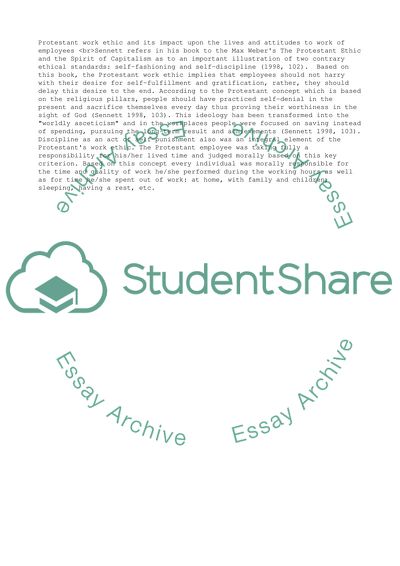Cite this document
(“The Reality of Work Cultures in the Modern Economy Essay - 1”, n.d.)
The Reality of Work Cultures in the Modern Economy Essay - 1. Retrieved from https://studentshare.org/management/1650393-the-reality-of-work-cultures-in-the-modern-economy
The Reality of Work Cultures in the Modern Economy Essay - 1. Retrieved from https://studentshare.org/management/1650393-the-reality-of-work-cultures-in-the-modern-economy
(The Reality of Work Cultures in the Modern Economy Essay - 1)
The Reality of Work Cultures in the Modern Economy Essay - 1. https://studentshare.org/management/1650393-the-reality-of-work-cultures-in-the-modern-economy.
The Reality of Work Cultures in the Modern Economy Essay - 1. https://studentshare.org/management/1650393-the-reality-of-work-cultures-in-the-modern-economy.
“The Reality of Work Cultures in the Modern Economy Essay - 1”, n.d. https://studentshare.org/management/1650393-the-reality-of-work-cultures-in-the-modern-economy.


